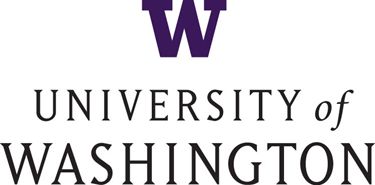UW launches online training for contact tracing to help fight COVID-19
University of WashingtonTo provide training for the expanding workforce of contact tracers, the University of Washington’s Northwest Center for Public Health Practice created the free, online course Every Contact Counts to support public health agencies — including smaller, rural public health districts and tribal health departments — to help their existing and growing workforce in the art and science of conducting a contact-tracing interview.
